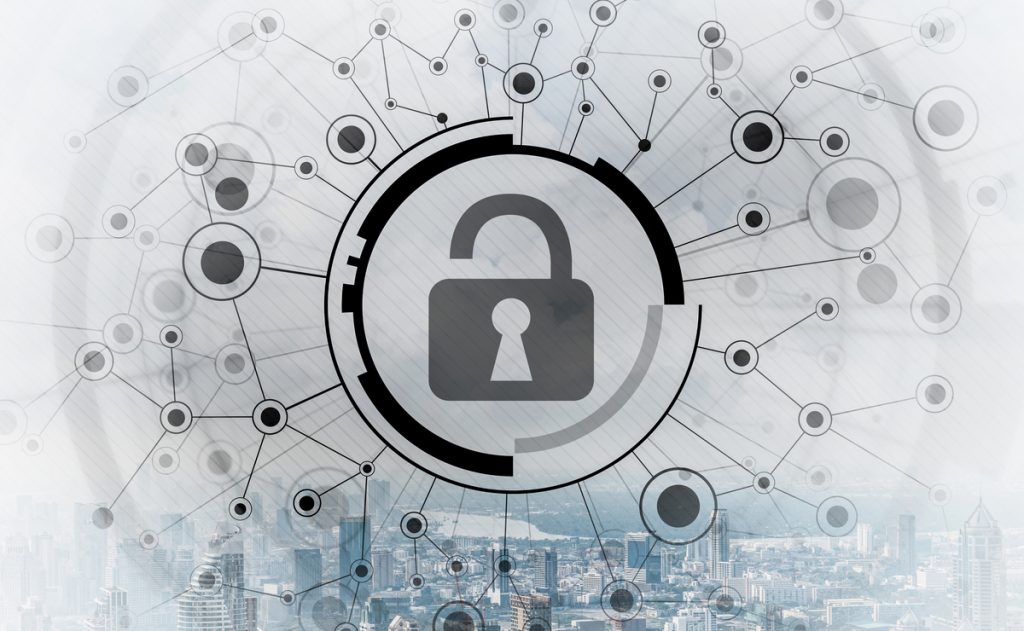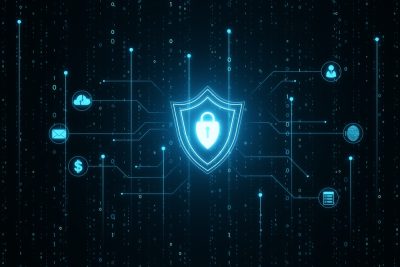The scope of cyberattacks has increased as more and more businesses are moving toward a hybrid-cloud environment. A substantial growth of nearly 22% has been noticed in the number of companies facing cloud service downtime. It has risen from 41% in 2019 to 50% in 2020, according to a Threat Report. The global pandemic has paved the way for an increase in the adoption of cloud services, thus making cloud a center of attraction for attackers.
The in-house downtime recorded for the year 2020 remained high, about 62%, almost similar to in 2019, i.e., 63%. Therefore, the overall application downtime, let that be within an organization or over the cloud, remained the most significant reason for DNS attacks. About 82% of the respondents said that they had experienced application downtime in some way or the other.
A combined report by DNS security firm EfficientIP and International Data Corp. (IDC) states the rising adoption of cloud services during the COVID-19 pandemic could be playing a major role. Social distancing guidelines have forced millions of workers to work out of their homes, so organizations are shifting business-critical applications to hybrid-cloud environments. And that’s increasing the attack surface, the report says.
According to the report, phishing attacks are amongst the most common attacks.
This year, 39% of companies experienced phishing attempts, thus making it the most popular one, followed by malware attacks, which was about 34%. Next came the traditional DDoS (distributed denial-of-service) attacks, which was about 27%. Undoubtedly, the size of DDoS attacks has also increased, with almost two-thirds (64%) being over 5 Gbit/s.
As per the report:
- 77% of respondents in the 2020 Threat Report deemed DNS security a critical component of their network architecture, compared to 64% in the previous year.
- Use of Zero Trust strategies is maturing, as 31% of companies are now running or piloting Zero Trust, up from 17% last year.
- The use of predictive analytics has increased from 45% to 55%.
Despite the disturbing pattern and willingness of cybercriminals to react to a changing threat environment, business understanding and information security protections are still growing, as the vast majority of respondents said security was a vital component of network infrastructure.
A recent report states that the clouds are getting targeted more frequently as the organizations are moving toward cloud technology, thus giving way to more cybercrimes and bad actors.
Vice President of Strategy for EfficientIP, Ronald David, announced in a news release that DNS must play a significant role in the security ecosystem.
This necessity is compounded at the moment where any network or device interruption significantly impacts the company and its willingness to help remote staff.














